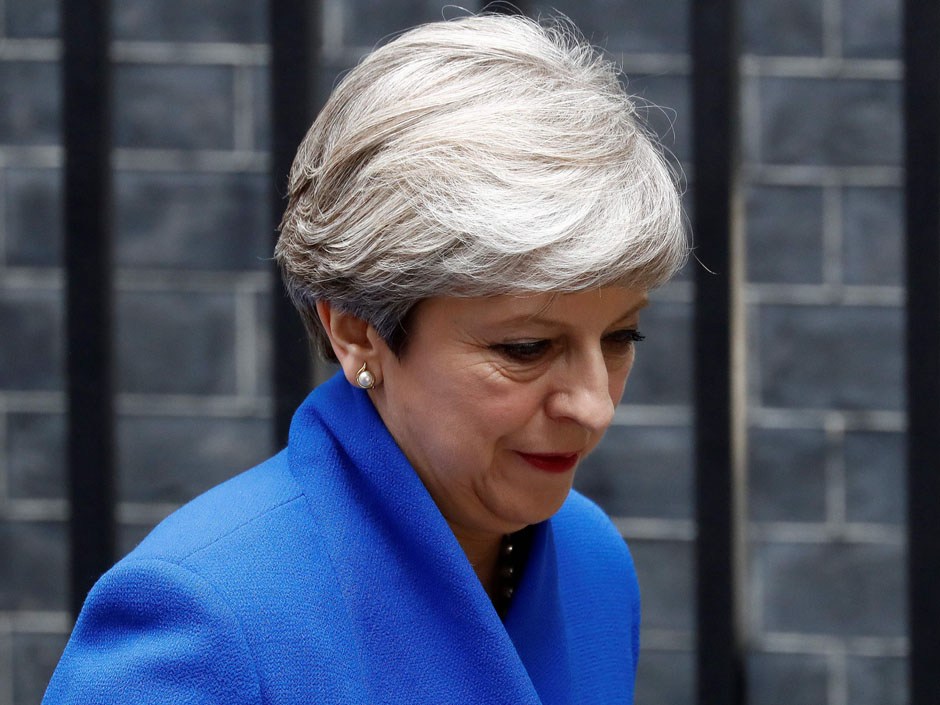Scotland’s Carol Ann Duffy is Britain’s poet laureate, an honorary title and British tradition that was first introduced in 1668. John Dryden, one of the greatest English poets, was the first British poet laureate. He occupied the position for two years and was followed over the centuries by a number of poets, who were not necessarily the best of their generation, but they were popular among the people. Loyalty to the crown was not a criteria on which they were chosen.
Henry James Pye, Robert Southey, Alfred Lord Tennyson, Alfred Austin, John Masefield, Cecil Day-Lewis, Sir John Betjeman, Ted Hughes and Andrew Motion had all occupied this post before Carol Ann Duffy. Some poets refused the post, such as Thomas Gray, Samuel Rogers, Sir Walter Scott and Ireland’s Seamus Heaney, who won the Nobel Prize in Literature in 1995.
The British royal court of course does not have a role in choosing this poet or that, but the nomination is made by the prime minister based on various recommendations.
We are here to tackle Carol Ann Duffy’s poem, “Campaign,” that was published on the front page of The Guardian newspaper on Saturday. The title is a reference to Prime Minister Theresa May’s electoral campaign and the poem itself is a scathing satire, following in the footsteps of our old poets, after the premier’s embarrassing defeat in Thursday’s national elections.
Duffy described May’s body during the electoral campaign as a “question-mark / querying her lies; her mouth a ballot-box that bit the hand that fed.”
As for her eyes, “They swiveled for a jackpot win. Her heart was a stolen purse”!
Duffy then describes May’s rhetoric as “an empty vicarage,” in reference to her father’s job, with “smashed” windows. Her feet then “grew sharp stilettos”, but she is “awkward” and does not know how to move.
The satire reached its peak when Duffy described May in terms that cannot be published in the newspaper. She said that the PM lost her femininity and grew male genitals, which is morally and socially unacceptable and does not serve the purpose of the poem. In fact, it lessens its artistic value.
The poet however, in her last lines, changes the scene from the visual and tangible, reflected in Duffy’s semi-prose, to metaphorical:
When she woke,
her nose was bloody, difficult.
The furious young
ran towards her through the fields of wheat.
Satire is a foreign genre in poetry, not just in Britain, but in all European and American works. We can say that satire is generally absent in most poetry from around the world, except in Arab works where it enjoys a large share. Satire in western poetry is its worst and weakest genre.
This is why Duffy’s poem, if we can call it such, is a rare, but unwelcome, exception to the poetry of the West.
The fact that it was published on the front page of such a globally popular newspaper is a welcome development and we should “doff our hats” to it as the English say. The Guardian had previously published poems on its front page on several occasions.
It harks backs to the good days of Arab newspapers that were accustomed to publishing poems on their front page, such as Egypt’s al-Ahram which published several Ahmed Shawki poems. Iraq’s al-Bilad published works by Mohammed Mehdi al-Jawahiri throughout the 1940s and 50s.
This will likely never happen again in the Arab world because political news, no matter how weak they are, have dominated the press. In fact, the cultural sections of the newspapers no longer have the courage to tackle the poem as a main subject and their place is now always at the bottom of the page.
